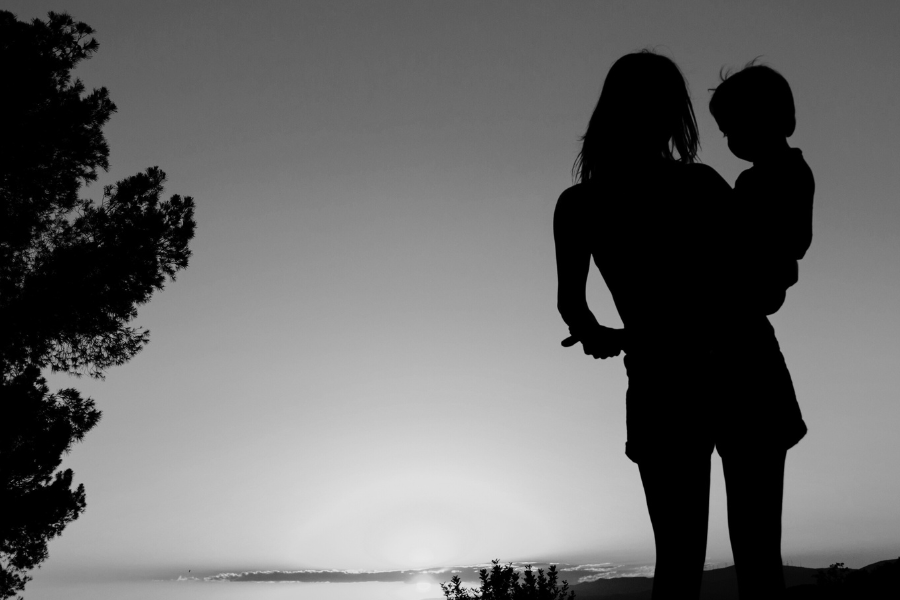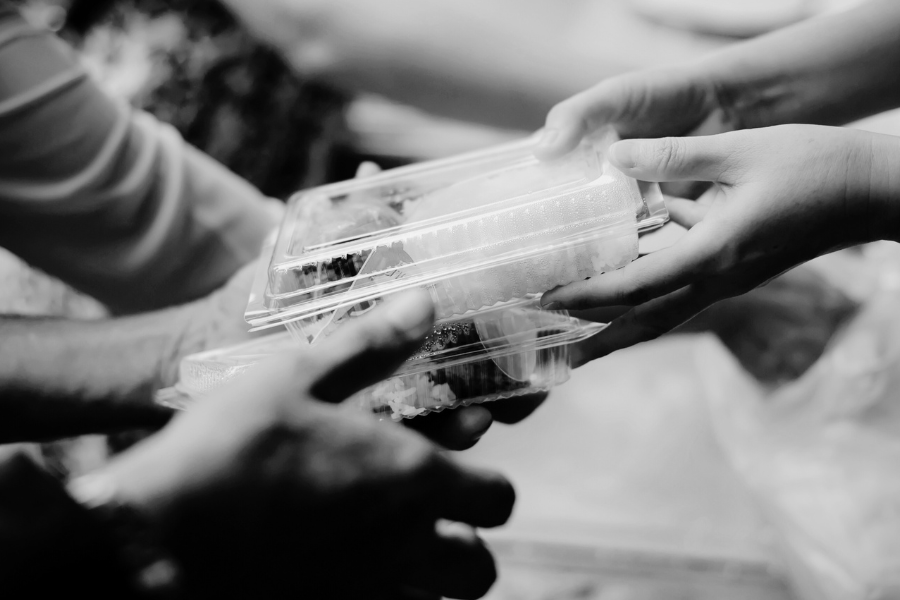Noelia’s Story | I wear the flag of my rural background with pride
Noelia came to Scotland from Spain in 2006, after finishing her studies in journalism. She was planning to stay for a year to improve her English. It’s now 17 years later. During her time in Edinburgh, she found community through her passion for women’s and migrants' rights. She joined the charity Citizens Rights Project through her activism within the Spanish migrant community.

I remember hearing about politics since I was little. I grew up in a family with a strong sense of belonging to the working class. The Spanish Civil War and Franco’s Dictatorship, unionism and human rights were common topics in my household.
My parents were always very active in local politics and the parents' association of my school. Although I did not understand it at the time, they always challenged and rejected the ‘principles’ of capitalism. It’s no surprise that with such upbringing, I later became passionate about citizens’ rights.
I spent my childhood and my teens in a small village of a bit more than a 100 people, in Northern Spain. It was there where I first learnt about people’s unfounded fear of ‘outsiders’.

When I was a child, a group of Roma travellers used to settle for a few weeks, sometimes months, in my village. For me, this was very exciting! It meant I could play with more kids. During my childhood, we were only four kids of a similar age and I was the only girl, so I really welcomed new people with open arms!
But most people felt threatened, seeing people who didn’t share in their way of living in a space they cared most dearly about. Instead of focusing on what we had in common, people’s fear of difference meant they were mistrusting.
I felt angry and frustrated whenever I heard racist and stereotyping comments towards this community, or people who migrated to Spain for a better life, or people who were born in Spain but were discriminated against because they were not white.
As I grew up, I knew I wanted to do something about it, but I lacked the knowledge and the resources to know what exactly could be done. I felt constrained and trapped in my village because I did not have access to like-minded people or initiatives I could join.
Despite my fear of moving to the big city, going to Madrid to study journalism was my answer to fulfil that desire. I went on to witness other facets of discrimination there, especially institutional racism and xenophobia towards migrants.
Since then, and for the past 22 years, I have lived in cities. As I matured, I realised how coming from a rural area has profoundly marked my identity and sense of belonging. It has influenced my activism and how I understand communities and spaces and relate to others until today.
I took part in my first protests. It was exciting, and it felt important, but I always had the feeling of being an outsider. I felt small. It was hard for me to express my views because most of the people I met in political spaces seemed very versed and with much more experience than me, despite being the same age.

Nonetheless, Madrid helped me to come out of my shell. I widened my horizons and expanded my knowledge. In Madrid I planted the seed that allowed me to become who I am today.
With time, I learnt there is a big disconnect between urban and rural activism. Political movements in cities often forget about rural areas and the rights and importance of those who still inhabit them. As I became more confident about joining citizens' rights activism, this is something I raise awareness of. I wear the flag of my rural background with pride.
Edinburgh is the place that has seen me grow as an activist. Me and my partner's experience as EU and overseas migrants, respectively, and the stories of other people I have met along the way, have inspired me to join collective actions in Scotland.

In 2014, for instance, I co-founded a bilingual publication called Cosmopolita Scotland. We understood journalism as a public service and aimed to build bridges between migrant communities and Scottish society through information. The idea did not take off. I believe that the fact that the project was run by non-English speaking migrants play a huge factor in this. We did not have the connections and the knowledge to navigate the social enterprise and charity sectors, and many did not understand how journalism could play an important role in positive social change. On the other hand, this project opened the door to other connections and initiatives, including the Citizens Rights Project.

Now I divide my time between my feminist activism with the Association of Feminist Journalists of Castilla y León, GAMAG Europe and International Women´s Strike Edinburgh, and my role as a Coordinator for the Citizens Rights Project, where I advocate for the rights of EU migrants and their family members after Brexit.
I joined Stories for Change because I deeply believe that storytelling can lead to change. I am excited to see where this new journey will take me.



